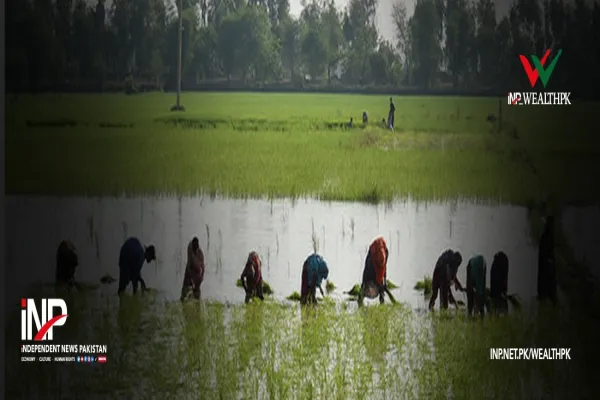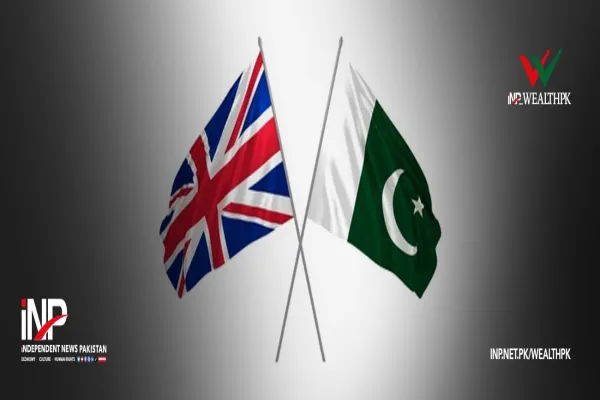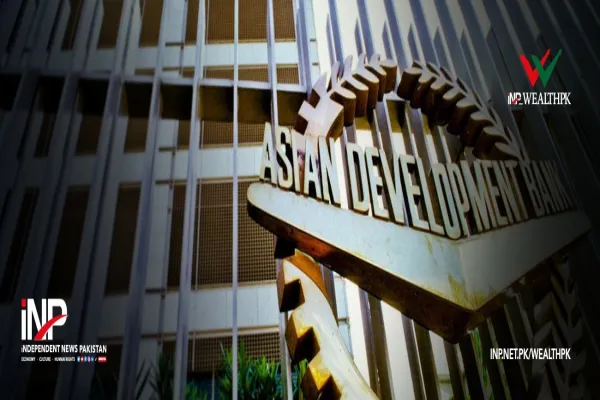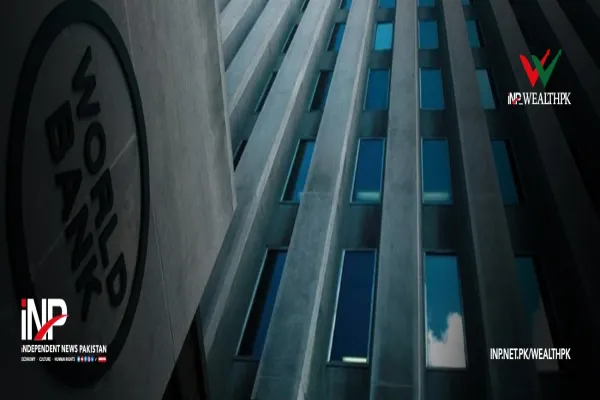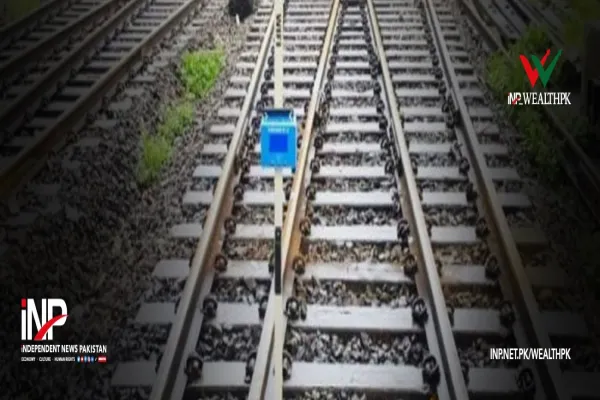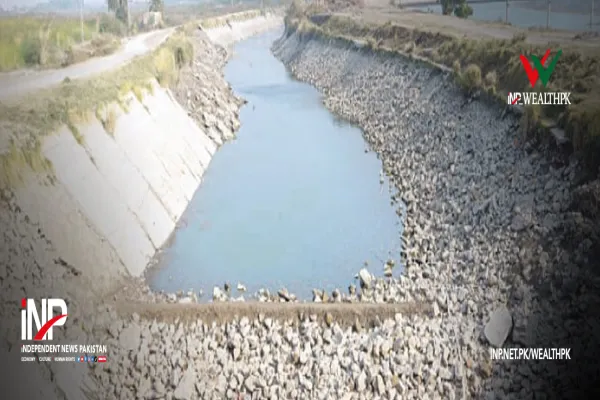i INP-WEALTHPK
Moaaz Manzoor
Amid the signs of economic stabilization, experts suggest Pakistan must balance fiscal discipline with targeted reforms and investments to ensure job creation, poverty alleviation, and sustainable growth in 2025. Speaking with WealthPK, Syed Ali Ehsan, Deputy Executive Director at the Policy Research Institute of Market Economy (PRIME), explained that the government’s current strategy showed promising signs.
“If the economy continues on its current trajectory, the government has a well-structured plan to reduce fiscal deficit and simultaneously increase primary surplus over the next three years,” he remarked. He further highlighted the government’s new national economic transformation plan, which includes specific measures aimed at stimulating growth.
Ali said, “Many of these proposals, if implemented this year, could significantly boost economic activity. Though the progress might be gradual at first, noticeable changes are likely within six to 12 months.” Ehsan also touched on the role of “Uraan Pakistan,” describing it as a narrower initiative compared to the broader national transformation plan.
While it complements the government’s overarching goals, its immediate success will depend on sustained implementation and effective coordination with other policies. Dr. Sajid Amin Javed, Deputy Executive Director at the Sustainable Development Policy Institute (SDPI), offered a complementary perspective. He acknowledged improvement in the macroeconomic indicators but urged the government to focus on addressing the people’s needs in 2025.
“Creating jobs and increasing incomes should be the primary target, as they directly impact poverty alleviation,” he noted. He also stressed the importance of sector-specific reforms and structural investments, particularly in the manufacturing and SME sectors. “Pakistan must prioritize domestic and foreign investments in these areas, as they can generate immediate economic activity and employment,” he explained.
Highlighting the ‘Uraan Pakistan’ initiative’s focus on SMEs and IT, Dr. Javed said that its success depended on upgrading the internet infrastructure and enhancing the SME financing. Both experts agreed that while the current policies and initiatives provide a solid foundation, their effectiveness would largely depend on sustained implementation and alignment with broader development goals. Additionally, balancing fiscal prudence with the urgent need for job creation and poverty reduction will be a delicate but essential task.
Pakistan’s economic stabilization provides a critical opportunity to address long-standing structural issues. However, the government must ensure that fiscal discipline translates into tangible improvements for the population. By fostering an inclusive growth through sectoral reforms, investments in SMEs, and a focus on job creation, the nation can set the stage for sustainable development in 2025 and beyond.
Credit: INP-WealthPk




